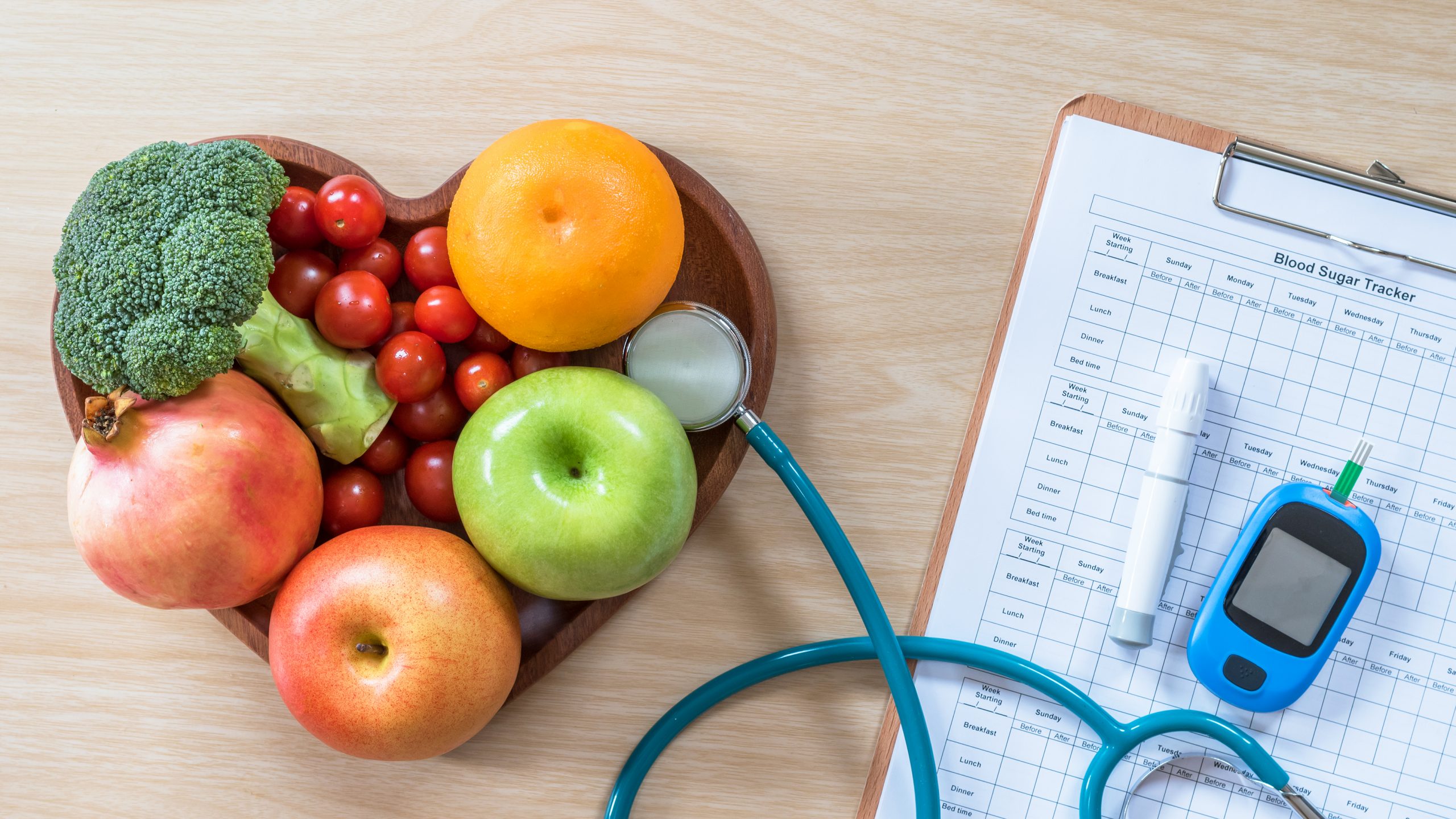Dr. Vivek Kumar is one of the best Cardiologists in South Delhi. According to him Cholesterol is a waxy substance that is found in your bloodstream. It is necessary for the formation of healthy cells in your body. Although it is an important blood component, an excess can cause heart problems. As a result, having consistently high cholesterol levels can put your heart at risk. In addition, high cholesterol can cause fat deposition in your blood vessels.
As a result, blood flow through arteries is restricted. These deposits can rupture at any time and form clots. In this situation, you could have a heart attack or a stroke.
High cholesterol levels can be inherited. However, it can also be caused by sedentary lifestyle choices.
The best way to do so is to change your eating habits, because certain foods can help you regulate your cholesterol. Furthermore, regular exercise may be beneficial to you.
You may need medications in some cases, but you should generally avoid them. This article will go over everything you need to know about cholesterol.
Cholesterol Types
As per Best Heart Doctor in Apollo Hospital Delhi, HDL cholesterol and LDL cholesterol are the two types of cholesterol. They are divided into two sections based on the rate of lipoproteins. Lipoproteins are soluble proteins that are mixed with lipids in blood plasma.
- HDL Cholesterol (Good Cholesterol)
HDL stands for high-density lipoprotein. It is good cholesterol because a high HDL cholesterol level protects you from the coronary risk of heart attack and stroke.
It also aids in the removal of other harmful forms of cholesterol from the bloodstream. It also absorbs cholesterol and transports it to the liver. The body then flushes out the excess cholesterol. As a result, high HDL cholesterol levels reduce the risk of coronary disease and stroke.
- LDL Cholesterol (Bad Cholesterol)
LDL cholesterol stands for low-density cholesterol. It is also known as bad cholesterol because a high LDL cholesterol level increases the risk of several heart diseases.
Furthermore, fat accumulation raises cholesterol levels in the body, increasing the risk of heart attack and stroke. Plaque constricts the insides of blood vessels. Furthermore, it impairs blood flow from the heart to the body’s other organs. This blockage can result in chest pain and a heart attack.
What Causes High or Abnormal Cholesterol Levels?
Dr. Vivek is known as the,Best Cardiologists in Apollo Hospital Sarita Vihar
Says that Several factors can affect your body’s cholesterol levels. Age, weight, diet, genetics, diseases, medications, and lifestyle are all major factors influencing the body’s cholesterol levels.
Age
Cholesterol levels generally rise with age. Teens, adults, and young people are more likely to have high cholesterol.
Diet
Diet has a significant impact on cholesterol levels in the body. A high-carbohydrate, saturated-fat, and trans-fat diet raises LDL cholesterol levels. Simultaneously, it lowers HDL cholesterol levels.
Weight
The risk of having high cholesterol levels rises as one’s body weight rises.
Furthermore, fat accumulation in the body raises cholesterol levels, increasing the risk of heart attack and stroke.
Diseases and medical conditions
Several diseases and medical conditions can have an impact on cholesterol levels in the body.
Diabetes, insulin resistance, metabolic syndrome, obesity, hypothyroidism, and kidney disease, for example, can all affect LDL and HDL cholesterol levels. As a result, they increase the likelihood of having high cholesterol levels.
Menopause
Females are more likely to have high cholesterol levels after menopause because Oestrogen levels have decreased.
Medications
Several medications have the ability to raise LDL cholesterol levels in the body.
Thiazide, diuretics, birth control pills, antidepressants, and some HIV medications, for example, may cause a temporary increase in LDL cholesterol levels while also removing excess fluid from the body.
Genes
Cholesterol levels that are high, low, or a combination of the two can be inherited from one or both parents. As a result, you should consult your doctor if you have a family history of high cholesterol or cardiovascular disease.
Lifestyle
Certain lifestyles and daily habits might have an impact on cholesterol levels in the body.
For example, a stressful environment, less exercise, smoking, and less sleep cause LDL cholesterol to rise and, to some extent, lower HDL cholesterol.
Dr. Vivek Kumar is a heart specialist and cardiologist in South Delhi, India. Dr. Vivek Kumar has more than 12 years of experience in the field of Cardiology and has successfully cured thousands of patients, making him one of the best cardiologist in Apollo Hospital sarita vihar Delhi and the best heart specialist doctor in Delhi. For Moe Info visit – www.hridayica.com
